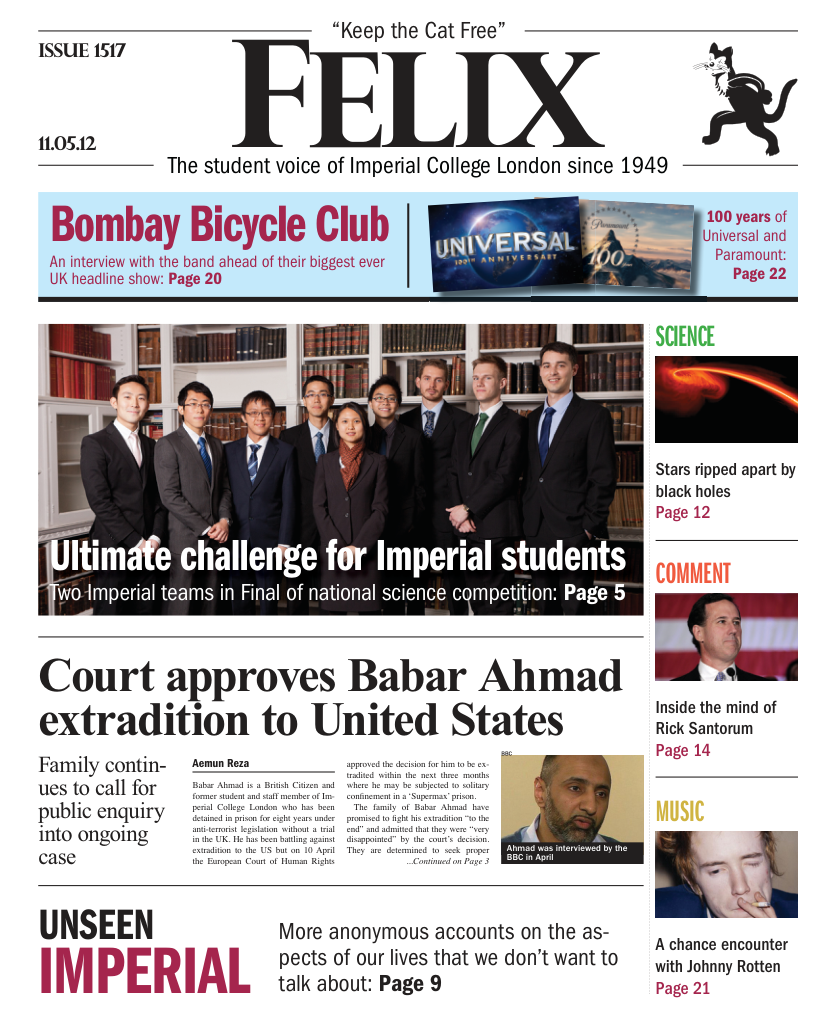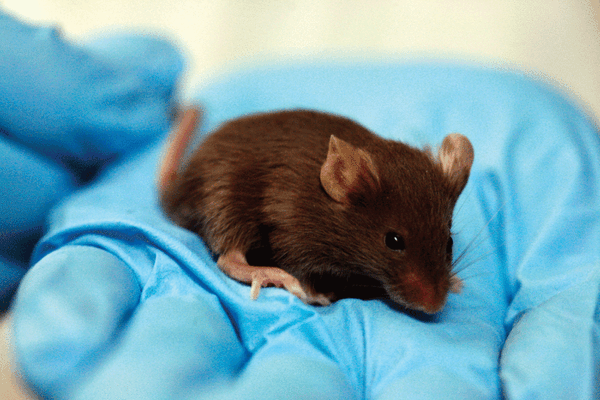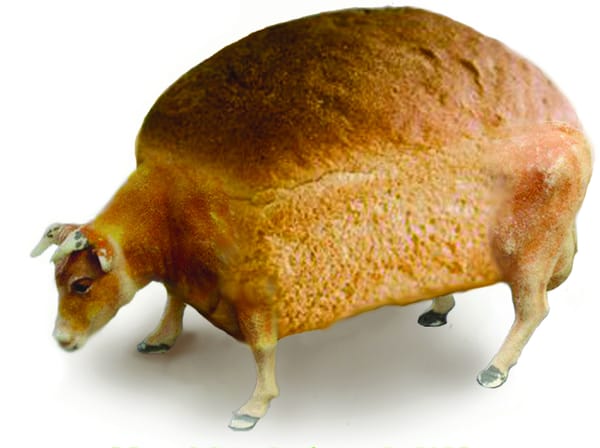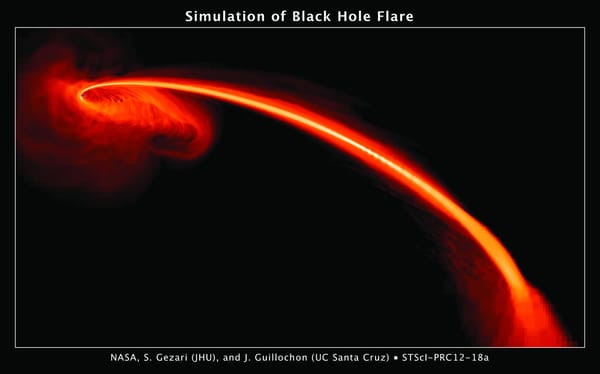Weighing a single atom
Improvements on previous nanotechnology research reach new levels
A mass sensor has been developed by a group of Spanish scientists, lead by Julien Chaste from the Catalan Institute of Nanotechnology, capable of weighing individual molecules, atoms, and even protons.
Sensors of this type, known as nanomechanical mass sensors, have been developed before. However, previous developments only yielded a resolution of about 7000yg (yottagrams) for a microfabricated sensor, and around 200yg for a carbon nanotube based sensor. In this development, which is an improved version of the nanotube based sensor, the researchers achieved a resolution of 1.7yg, which allows weighing of individual protons.
These sensors work by oscillating a resonator, either nanomechanical or carbon nanotube, at its characteristic frequency (the frequency at which resonance occurs, this is usually just below the natural frequency). A computer can measure this frequency. When atoms or molecules land on the resonator, the characteristic frequency of the resonator changes, and the computer can measure this change. The change in frequency can then be used to calculate the change in mass of the nanotube, which is the mass of the molecule or atom just adsorbed onto it.
Changes by the Spanish team to improve the sensitivity of the sensor come in 3 parts. Firstly, to make the changes in resonance frequency more pronounced, the length of the carbon nanotube was shortened, with the part of the tube able to oscillate only being 150nm (this is the part of the tube over a trench). This means there is a noticeable change in frequency of the resonator even if only a few atoms are present.
Additionally, by cooling the system down to 4K, and measuring within a vacuum, the error caused by other particles being present is reduced.
However, the final and most important improvement was to run a small current of approximately 8 microamps through the tube. Before this change was applied, the resonance frequency of the resonator exhibited much variance. The team suspect this is due to other contaminants in the system.
The team have successfully weighed both xenon atoms and naphthalene (C10H8) to high degrees of accuracy. Future uses for this research could be into new mass spectrometers, more accurately measuring the mass of incredibly tiny particles. However, a more closely linked application of this technology could be to allow further research into the nature of molecular diffusion through nanotubes, as well as investigations into the nature of magnetic particles within a nanotube.








